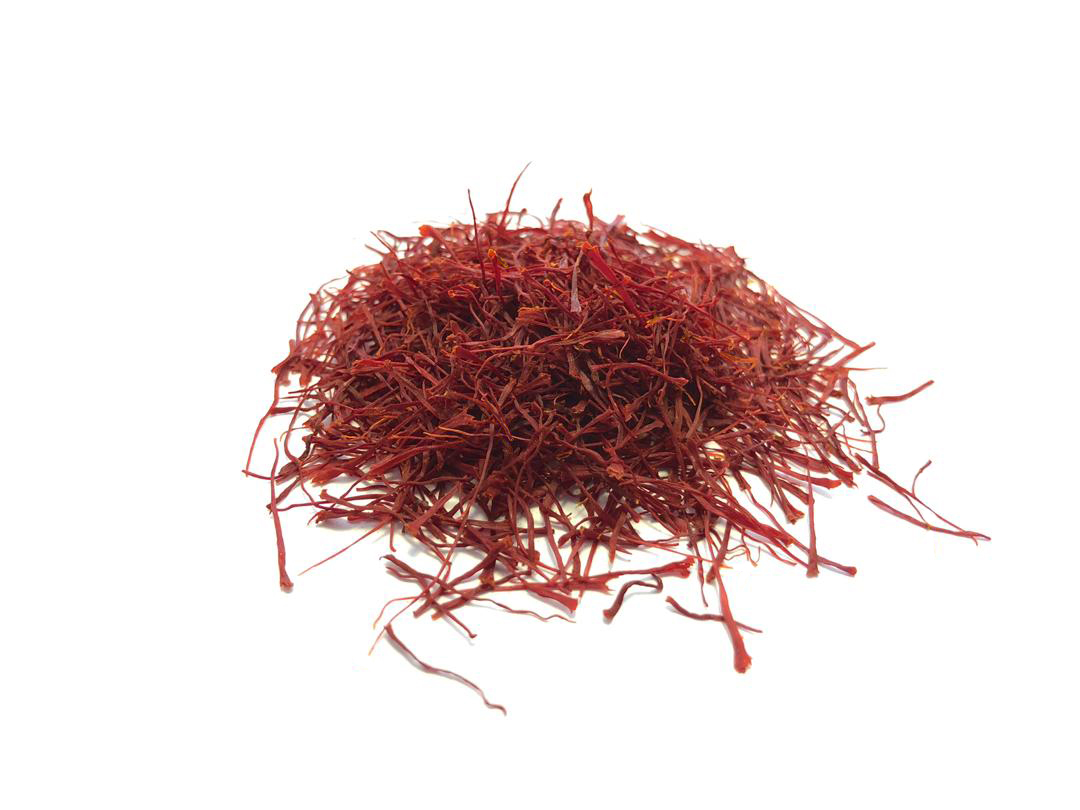Unlocking the Sleep Benefits of This Golden Spice
Saffron, the golden-hued spice prized for its distinct flavor and medicinal properties, has been used for centuries in culinary and medicinal practices. In recent years, saffron has gained attention for its potential to improve sleep quality. But can saffron help you sleep better? This article explores the connection between saffron and sleep, examining the science behind its sleep-inducing properties and how it might help you achieve a restful night.

How Saffron May Improve Sleep Quality
Saffron contains several bioactive compounds, such as crocin, safranal, and picrocrocin, which are believed to contribute to its many health benefits. These compounds have antioxidant, anti-inflammatory, and mood-boosting effects that can play a role in improving sleep. Several studies suggest that saffron can help individuals who struggle with sleep disturbances, including insomnia, anxiety, and stress.
Saffron’s Role in Promoting Relaxation and Reducing Anxiety
One of the main ways saffron may help improve sleep is by promoting relaxation and reducing anxiety. Many people find that stress and anxiety are significant barriers to a good night’s sleep. Saffron has been shown to have calming effects on the mind and body. A study published in the Journal of Clinical Psychopharmacology found that saffron extract had a positive effect on individuals experiencing anxiety, helping them feel more relaxed and at ease. This anxiety reduction can make it easier to fall asleep and stay asleep throughout the night.
Saffron’s Impact on Serotonin Levels
Another important factor in sleep regulation is serotonin, a neurotransmitter that helps control mood and sleep cycles. Saffron is believed to help increase serotonin levels in the brain, promoting better mood regulation and improving sleep quality. Serotonin is a precursor to melatonin, the hormone that regulates sleep-wake cycles. By boosting serotonin levels, saffron may support the production of melatonin, helping to reset the body’s internal clock and improve the timing and quality of sleep.
Clinical Evidence: Saffron for Sleep and Insomnia
Several clinical studies support the idea that saffron can improve sleep quality. One study conducted in Phytotherapy Research found that saffron extract significantly improved sleep quality in individuals with mild to moderate insomnia. Participants who took saffron reported better sleep duration and improved sleep quality compared to those who did not take saffron. These findings suggest that saffron may help people struggling with insomnia and other sleep-related issues.
Another study published in The Journal of Evidence-Based Complementary & Alternative Medicine indicated that saffron supplementation resulted in better sleep quality and less frequent waking during the night. These studies provide evidence that saffron can be an effective natural remedy for those seeking to improve their sleep without the use of prescription medications.
How to Use Saffron for Better Sleep
If you’re considering using saffron to improve your sleep, there are several ways to incorporate it into your daily routine.
Saffron Supplements for Sleep
Saffron supplements are one of the most effective ways to consume saffron for sleep benefits. These supplements are available in capsule or tablet form and typically contain a concentrated dose of saffron extract. Studies on saffron’s sleep benefits have used doses ranging from 30 mg to 60 mg per day. Before starting a saffron supplement, it’s essential to consult with a healthcare provider to ensure it’s the right option for you.
https://saffronexporter.com/does-saffron-expire-2/513/
Saffron Tea for Relaxation
Another great way to enjoy saffron’s sleep-promoting effects is by drinking saffron tea. To make saffron tea, simply steep a few saffron threads in hot water for 5–10 minutes. Drinking saffron tea before bed may help calm the mind and promote relaxation, making it easier to wind down after a busy day. You can add honey or other calming herbs like chamomile to enhance the relaxing effects.
Incorporating Saffron into Meals
While cooking with saffron may not deliver the same concentrated dose as supplements or tea, adding saffron to your meals can still provide its relaxing benefits. You can add saffron to rice dishes, soups, stews, and even desserts. Consuming saffron as part of a balanced diet may contribute to improved mood and overall well-being, indirectly supporting better sleep.






